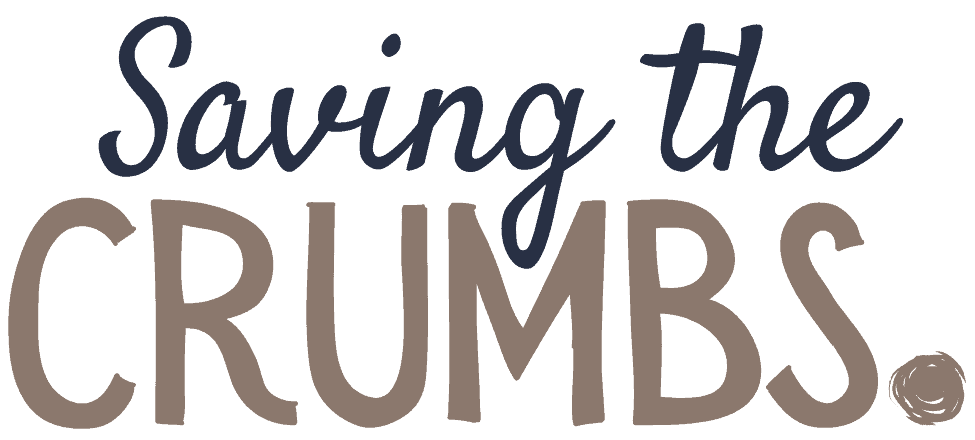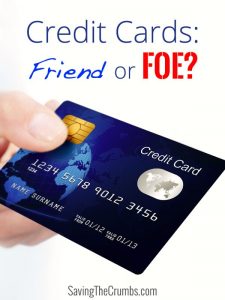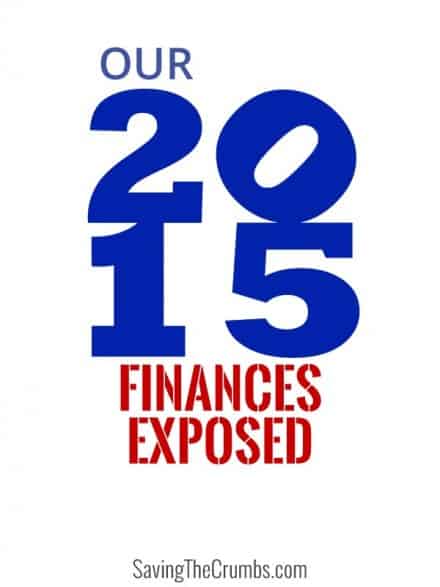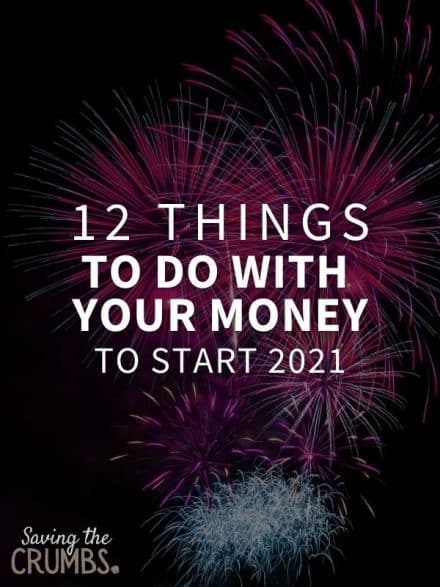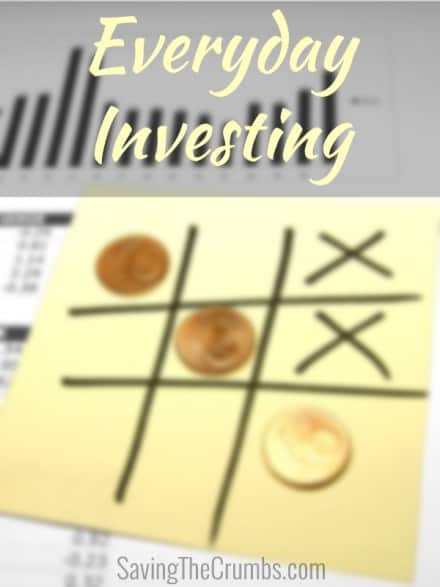Credit cards are a way of life nowadays in our modern society, but should they be? We get flashed with credit card ads everywhere we turn, and we’re told we just can’t get through life without one (or many). Then we hear guys like Dave Ramsey who give the impression that credit cards are an invention straight from the devil. What are we to make of all this? Are credit cards friend or foe to the thrifty Crumb Saver?
Let’s hit some fast facts on the two sides of this divide, shall we?
Foe
- Nasty, compounding interest rates for past-due balances.
- Easier to spend with a swipe rather than parting with cash, leading to higher spending.
- Credit score can be destroyed with misuse.
- Annual fees may outweigh the rewards earned.
- The temptation to spend more to get more rewards.
- The terms may be difficult to understand.
- Utilizing debt increases personal financial risk.
Friend
- Earn rewards on all purchases.
- Easy tracking of purchases (especially with a business and employee cards).
- Fraud protection.
- Don’t have to carry cash.
- Ability to make online purchases (as opposed to cash).
- Extra perks: Airport lounge access, extended warranties, roadside assistance, rental car insurance, etc.
- Don’t have to exchange cash when traveling internationally (especially with cards with no foreign transaction fees).
- Build credit history.
- Increases the time-value of money by giving up to a month before bill is due.
My Take on Credit Cards
This is the simple question that arises in my mind: Is it possible to take advantage of these benefits while mitigating the negatives?
I think so!
It is my sincere belief that there’s nothing inherently wrong or evil about credit cards. The problem is with credit card USERS. So I advocate a RESPONSIBLE use of credit cards, recognizing their many potential benefits for the wise card bearer while also seeing the need for limits for others who have no self-control.
The Proper Use of Credit Cards
Here are some guidelines that I think are helpful when thinking about credit card use:
- Credit cards are not for borrowing money. If you ever need to run a balance on your credit card (whether intentionally or unintentionally), you’re not qualified for credit card use. Cut it up.
- So the related corollary is that you should ONLY use credit cards if you pay them off in full every single month. If you can’t do that or aren’t sure if you can, then don’t charge things on a credit card. (I think many students fall in this category.)
- As long as the previous two conditions are met, credit cards ought to be used to earn rewards on as many regular purchases as possible. It’s another way to never pay full price for anything.
- Don’t allow the rewards to tempt you into spending more than you need. Remember the single most important thing to help you save money.
- Make sure the rewards from your MINIMUM level of regular spending will outweigh your annual fee, or get a card with no annual fee.
- Know the terms, features, and perks of your card so you can maximize what you’re getting while avoiding any hidden “gotchas”. This goes without saying, but don’t get suckered into something you don’t understand.
- Recognize that rewards you won’t or can’t redeem are useless. So if you accrue little bits of rewards across a dozen cards, but none of them reach the minimum redemption threshold, you’ve gained nothing. Likewise, getting multiple airline-specific cards don’t make sense if you never accrue enough points to redeem any tickets or you need to have your family each travel on a different airline on your next vacation!
But Do I Need One?
Having said all this, many of the benefits of credit cards can be had with debit cards (minus the biggest one which are the rewards), so no one absolutely NEEDS credit cards. The one area that’s always up for contention is the issue of credit history. I know Dave Ramsey insists that no one needs a credit history, which might be technically true, but its certainly not the most expedient way to conduct business nowadays. I can say with certainty (because I have friends in this category) that some people will end up paying more for things like rent or mortgages because of a lack of credit history. I say that developing some self-control and building a strong credit history responsibly is a better long-term solution than to simply curse all forms of credit.
What We Do and Some Final Thoughts
Deb and I have one primary credit card with cash back rewards on all purchases with no annual fee, and we charge AS MUCH AS POSSIBLE on that card. We have nothing against travel reward cards, but we just never spend enough to make those worthwhile.* We always redeem our rewards as quickly as possible so WE hold on to the money and NOT the bank. We have never missed a single payment ever in our collective lives and we pay everything off in full each month.
So what’s the verdict on credit cards? Honestly, seeing the recklessness that so many people exhibit in their credit card use, it’s hard to blame guys like Dave Ramsey for going thermonuclear on them. Nevertheless, I don’t like throwing the baby out with the bathwater. I still contend that, as with most things in the personal finance world, the problem resides in the credit card user and not in the card itself. So the real key to credit card use, is developing some discipline and self-control in the person using them.
So are they friend or foe? Maybe they’re both. The credit card is a Friend to the Wise, but a Foe to the Fool.
*I understand that there’s always credit card churning to accrue sign-on bonus points for free/cheap travel, but we run into the same problems of having too little regular spending to easily hit the required minimum amounts to earn those rewards.
